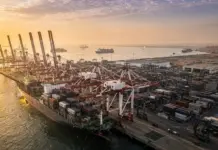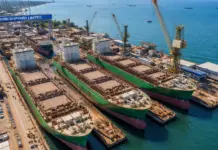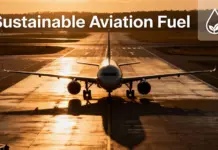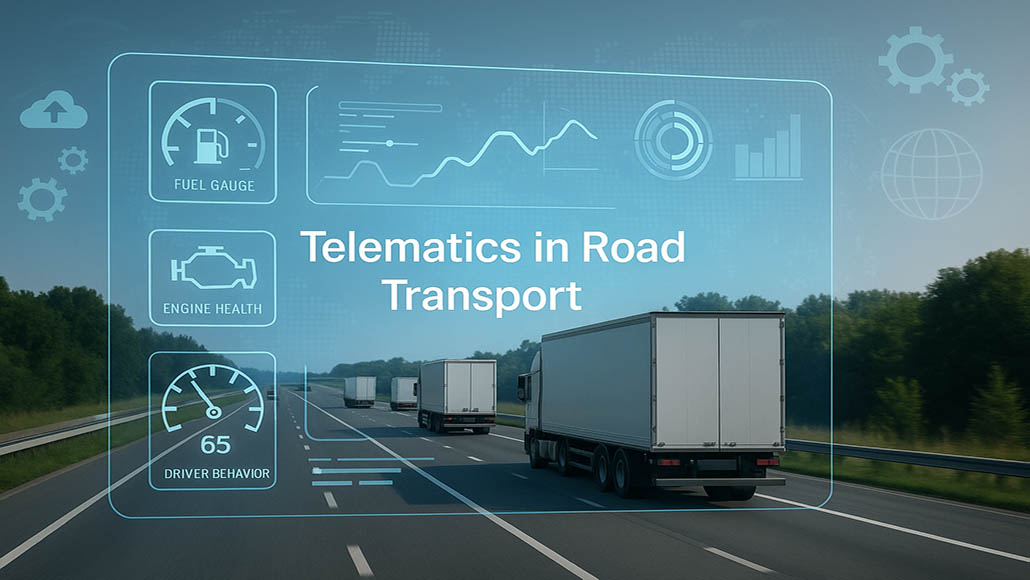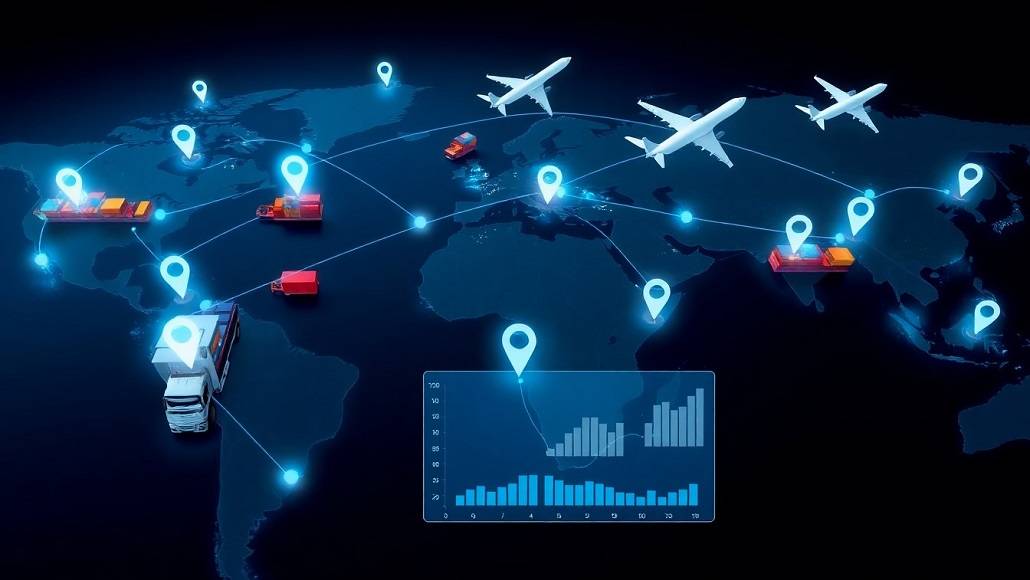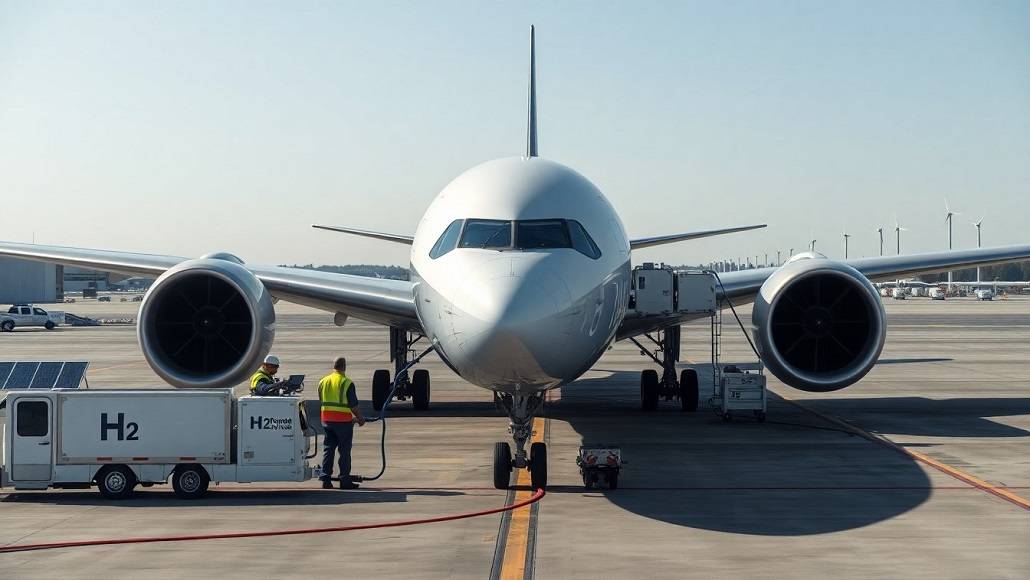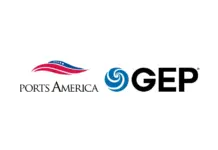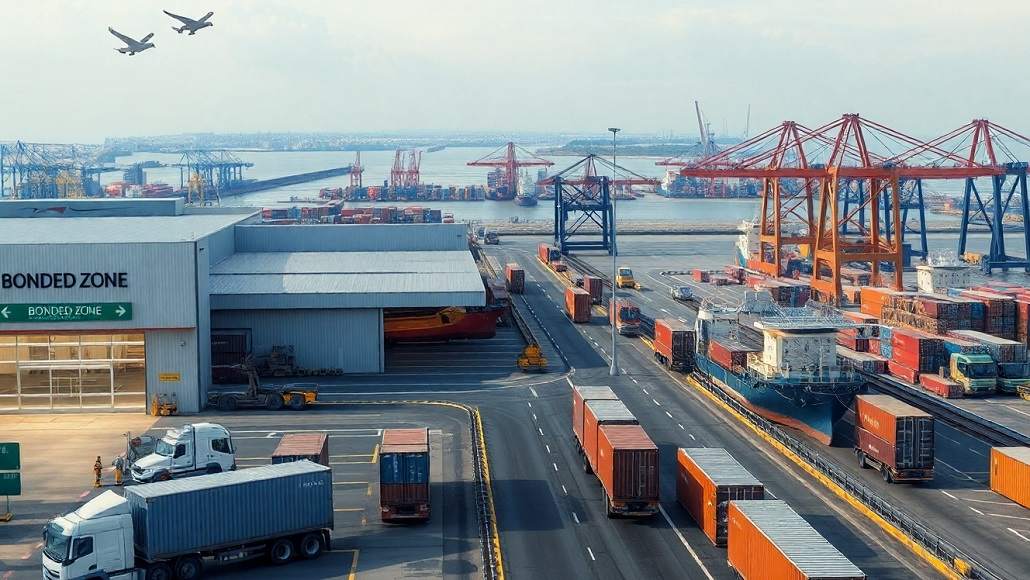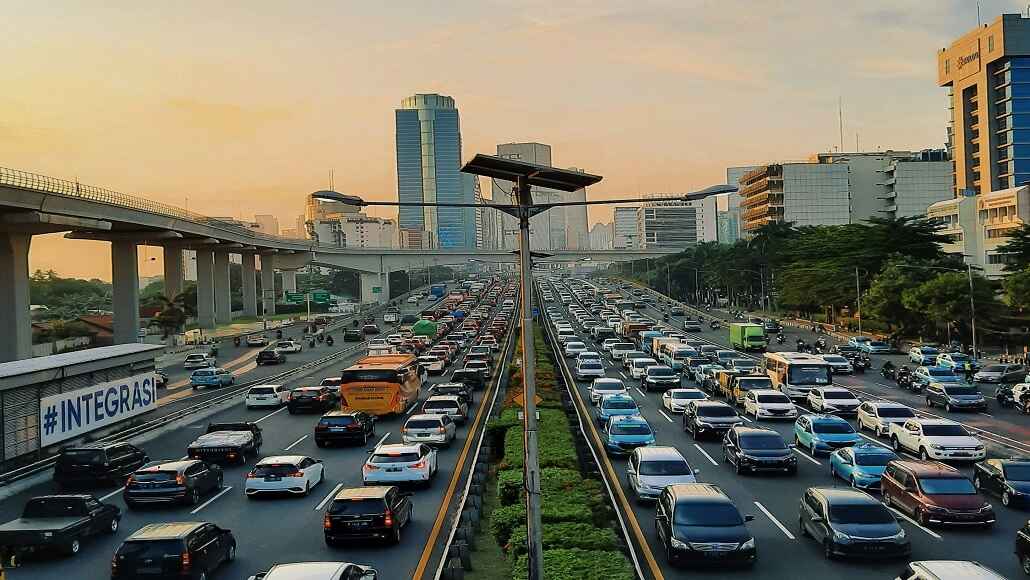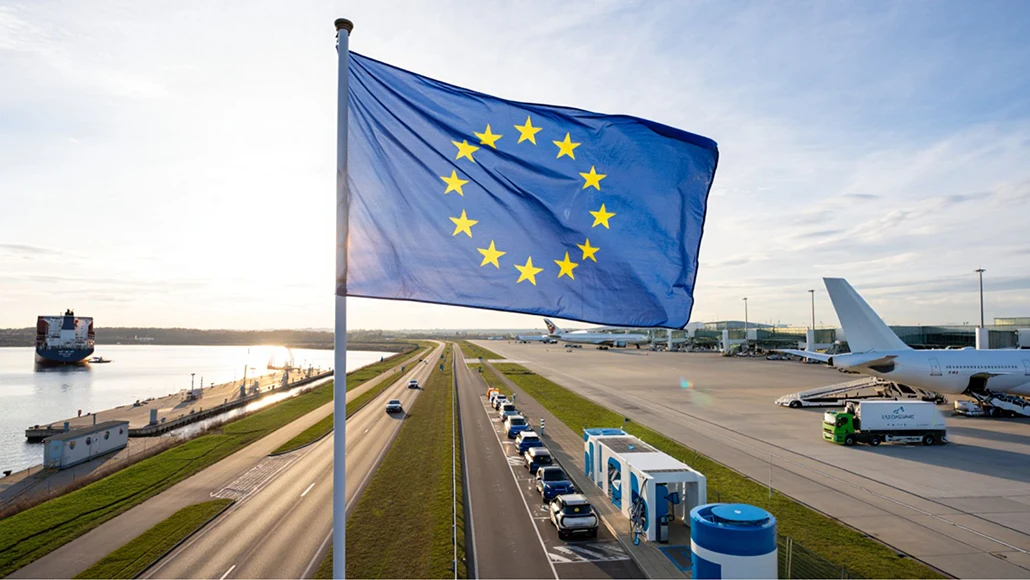Seventy initiatives across the trans-European transport network (TEN-T) have secured more than €600 million in EU grants, marking a large-scale push to electrify and decarbonise road, maritime, inland waterway and air transport in 24 EU countries.
Under this funding round, the projects will roll out alternative fuels supply infrastructure, ranging from electric recharging stations and hydrogen refuelling points to electricity supply systems and ammonia and methanol bunkering facilities. Collectively, these deployments aim to accelerate the shift toward cleaner mobility across the continent.
A substantial portion of the investment is directed at reinforcing Europe’s electric mobility capacity. Plans include installing over 1 000 electric recharging points for light-duty vehicles with a capacity of 150 kW, as well as 2 000 additional recharging points for heavy-duty vehicles delivering 350 kW. In parallel, 586 high-power recharging units offering 1 MW output will be added to the network. Sixteen European airports will also electrify their ground handling operations, a measure expected to contribute to cutting aviation-related emissions.
Hydrogen infrastructure is expanding as well, through 38 new hydrogen refuelling stations for cars, trucks and buses. In the maritime sector, 24 ports will introduce technologies such as Onshore Power Supply (OPS), electrified port services and ammonia bunkering to support the transition of vessels to cleaner energy sources.
Commissioner for Sustainable Transport and Tourism Apostolos Tzitzikostas said: “We are currently supporting 70 projects with €600 million in EU funding to accelerate the deployment of alternative fuels infrastructure across Europe. These investments will strengthen our competitiveness and help make the transition to zero-emission mobility easier and more accessible for all citizens.”
Paloma Aba Garrote, Director of the European Climate, Infrastructure and Environment Executive Agency, added:
“This significant EU support for public and private organisations will accelerate the transport sector’s transition toward a sustainable future. With these new projects, more than €2.5 billion in EU grants has been allocated to alternative fuels projects through AFIF since 2021. This demonstrates EU’s ambition to make zero-emission mobility an everyday reality.”
EU Member States approved the 70 selected projects on 13 November 2025, clearing the way for the European Commission to issue the formal award decision. The European Climate, Infrastructure and Environment Executive Agency (CINEA) has begun preparing the grant agreements with the successful applicants. Due to exhaustion of funds, the third cut-off will not proceed, and the Commission will review potential reflows before outlining a new work programme and calling for proposals.


